To do this requires managers to have professional capacity, innovative thinking, leadership spirit, team development, the ability to mobilize and coordinate resources...
Existence recognition
According to the assessment of the Ministry of Education and Training , in the 2024-2025 school year, the management work at preschool, general education, continuing education, and vocational education institutions has had many positive changes; gradually improved in the direction of promoting the proactiveness and flexibility of schools and the autonomy and creativity of professional groups and teachers in implementing educational programs.
Most schools have proactively developed educational activities suitable to the conditions of facilities and teaching staff; proactively developed enrollment plans; developed groups for students to choose from (for high school level); arranged teachers, signed contracts when there was a shortage of teachers, and mobilized socialized educational resources. Autonomy in developing the school's educational plan and developing periodic assessment tests has been promoted...
However, the Ministry of Education and Training assessed: The awareness of some educational management staff has not met the requirements of school management innovation, lack of initiative in shifting from management to school management; the role of information technology in school management has not been promoted. The administrative and management capacity of the educational management staff is still inadequate, especially in the application of modern management principles, financial management, and open-minded human resource management.
From practice, Mr. Nguyen Mai Trong - Principal of A Xing Primary and Secondary School (Lia, Quang Tri ) said that the difficulty in shifting from management to school administration is that some educational management staff still follow the administrative management method - directing, inspecting, reporting, waiting for approval from superiors; there is still difficulty in making independent decisions, or evaluating effectiveness according to clear criteria.
Some managers have not been properly trained in education management, finance, human resources, technology, etc. In addition, sometimes decentralization and delegation of authority are not clear, so the principal is not really proactive.
Emphasizing that “shifting from management to school administration is an inevitable requirement in current educational innovation”, Mr. Nguyen Minh Tuan - Principal of Trung Hieu Secondary School (Trung Hieu, Vinh Long) commented that there are still many management staff working in the old administrative way: Receiving instructions, implementing plans, checking records; lacking critical thinking, innovation, not really paying attention to long-term strategies for the comprehensive development of students and schools.
Some signs show that management staff have not yet clearly changed their thinking. These include lack of strategic thinking; administrative management is the main focus; lack of democracy in internal management...
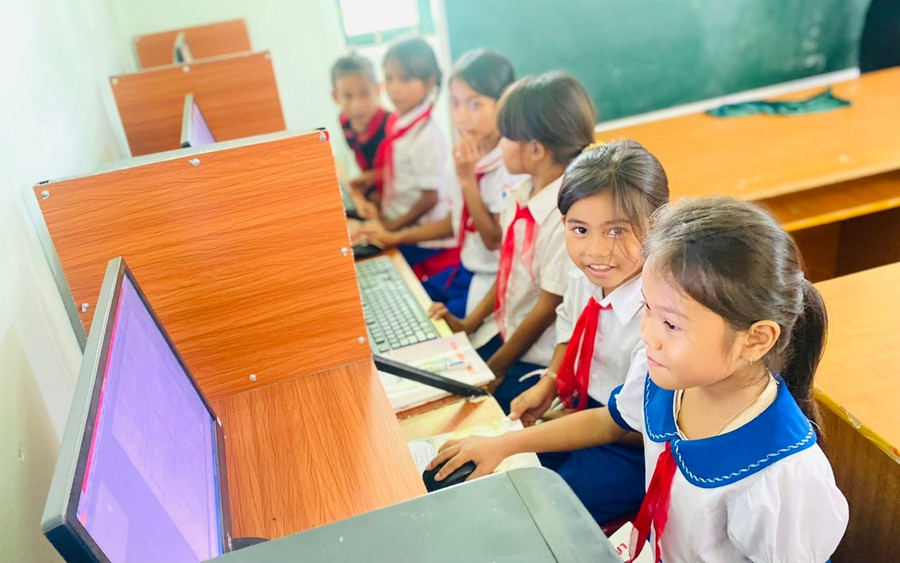
Towards a modern model
Suggesting solutions, Dr. Ton Quang Cuong - Head of the Department of Educational Technology, University of Education (Vietnam National University, Hanoi) proposed a number of key policies in school administration that deeply integrate technology.
Accordingly, establish a unified Education Management Information System (EMIS), based on big data. Policy should prioritize the development and mandatory application of a comprehensive EMIS. This system must integrate all aspects of school operations - from student learning outcomes, teacher development to financial flows and infrastructure.
Leveraging Business Intelligence (BI) tools in EMIS will empower education leaders with timely, actionable insights that drive evidence-based decision making and strategic planning, moving beyond the gut feeling, subjective judgment, and experience gained from previous management operating models.
At the same time, deploy an open, integrated, AI-enabled Human Resource Management (HRM) system. Policies need to promote the adoption of advanced HRM platforms, including recruitment, performance management (PMS), and continuous professional development (LMS). More importantly, integrating artificial intelligence (AI) into these systems will enable predictive analytics on human resource development (recruitment, training, retention, and professional development roadmap of the team).
This also helps identify the need for transformational capabilities, deploying the right people within the system; personalizing and objectively assessing team performance. This data-driven governance model fosters an open, competency-based environment, nurturing a highly skilled and motivated workforce.
Sharing about the application of modern management principles, financial management, and open human resource management, Mr. Nguyen Mai Trong said that it is necessary to seriously and fully implement the "3 public" in schools. Actively mobilize social resources to invest in facilities, teaching equipment, and scholarships.
Build a teacher evaluation mechanism based on competence and work results, not just on seniority. Create a democratic working environment, listen to and acknowledge contributions and suggestions from teachers and staff. At the same time, use school management software to track student data, teaching plans, finances, and human resources in a transparent and effective manner.
Proposing solutions to improve awareness and modern management capacity, Mr. Nguyen Minh Tuan suggested that the team of educational institution managers need to be retrained and regularly educated in school management.
At the same time, establish a management capacity assessment system based on innovative products, not just through administrative records; encourage an open - decentralized - democratic governance model; effectively mobilize socialized resources. In particular, it is necessary to promote the application of technology in management by bringing student management, learning, financial management platforms into school operations; and at the same time, strengthen digital skills training for the management team.
Vietnam's education is facing a pivotal moment, requiring a strategic shift to modern governance principles, especially in the context of implementing a two-tier government and merging management functions within the system.
To address these gaps, a robust policy framework - not just a system upgrade but a fundamental policy shift towards a modern, technology-centric governance model - is required, along with the addition and enhancement of the team's adaptive capacity and change management framework. - Dr. Ton Quang Cuong
Source: https://giaoducthoidai.vn/quan-tri-nha-truong-yeu-cau-cot-loi-cua-doi-moi-giao-duc-post742477.html



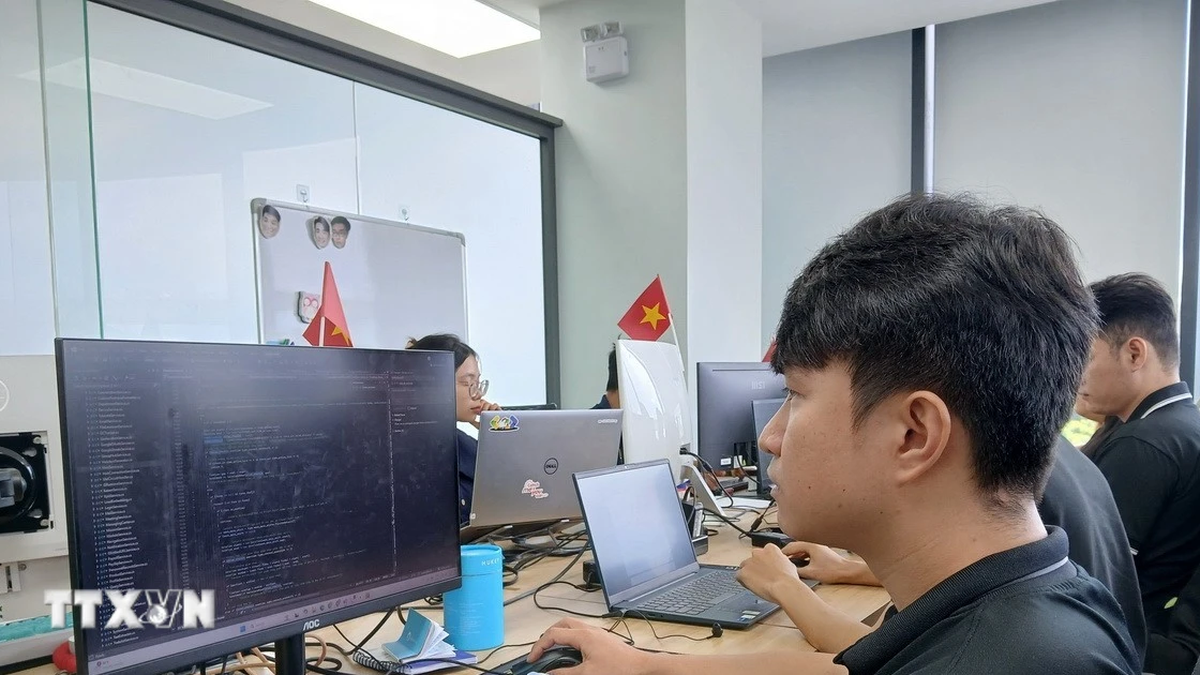
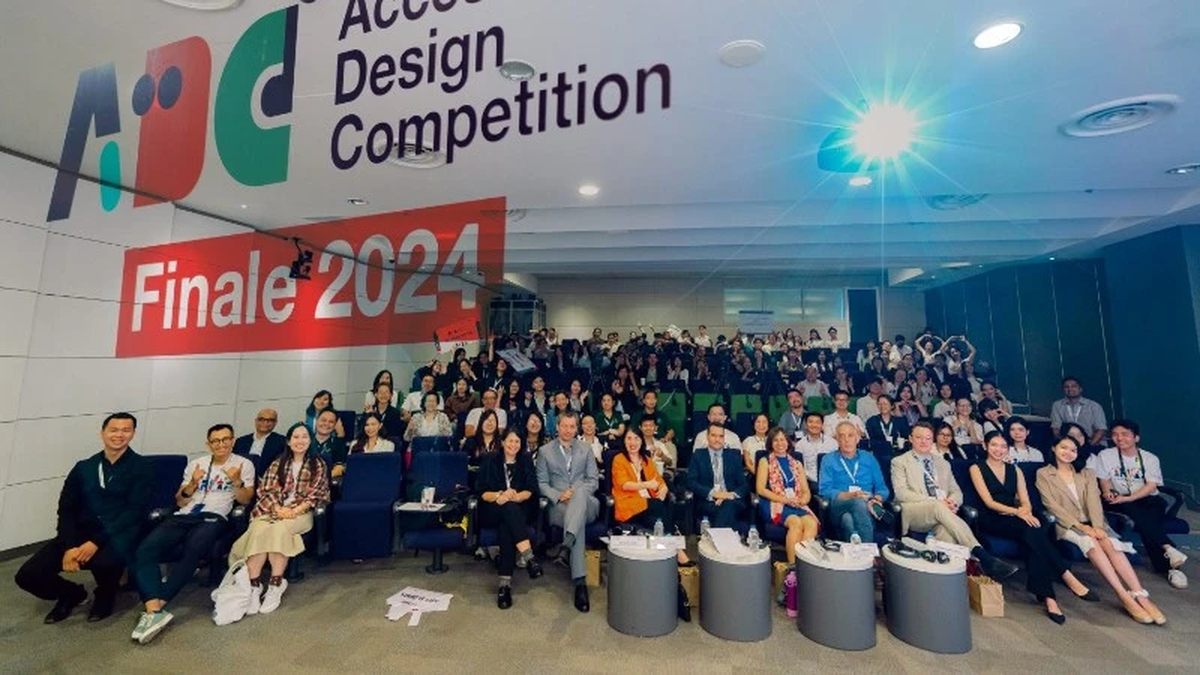
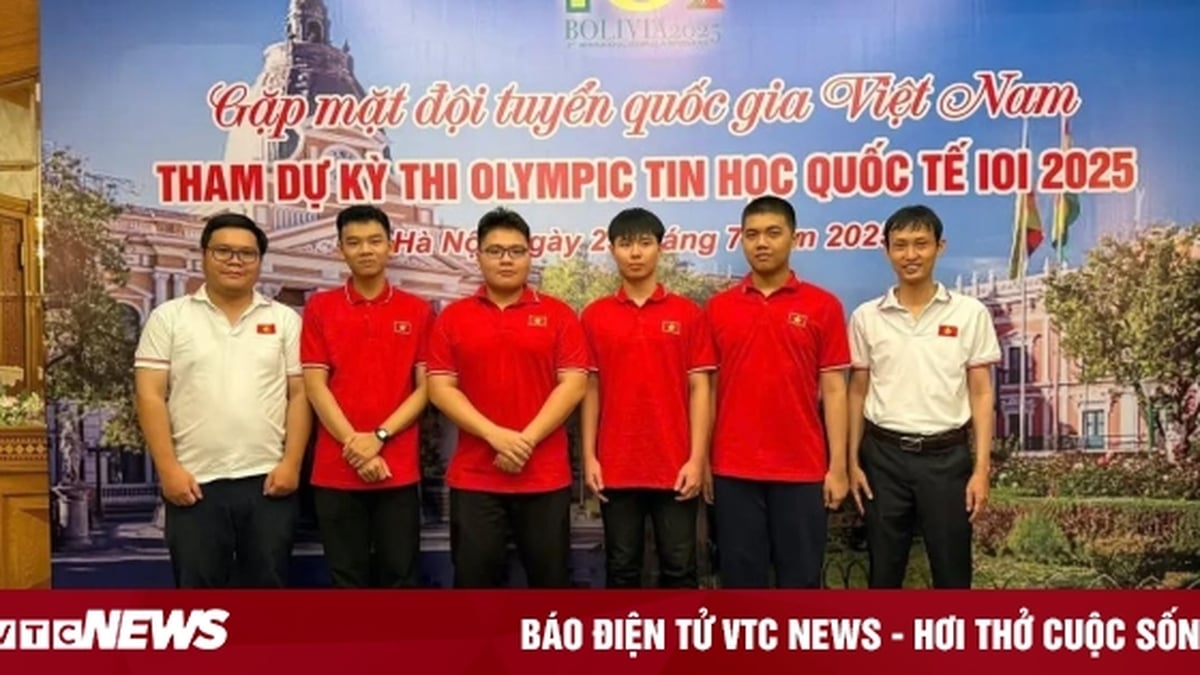
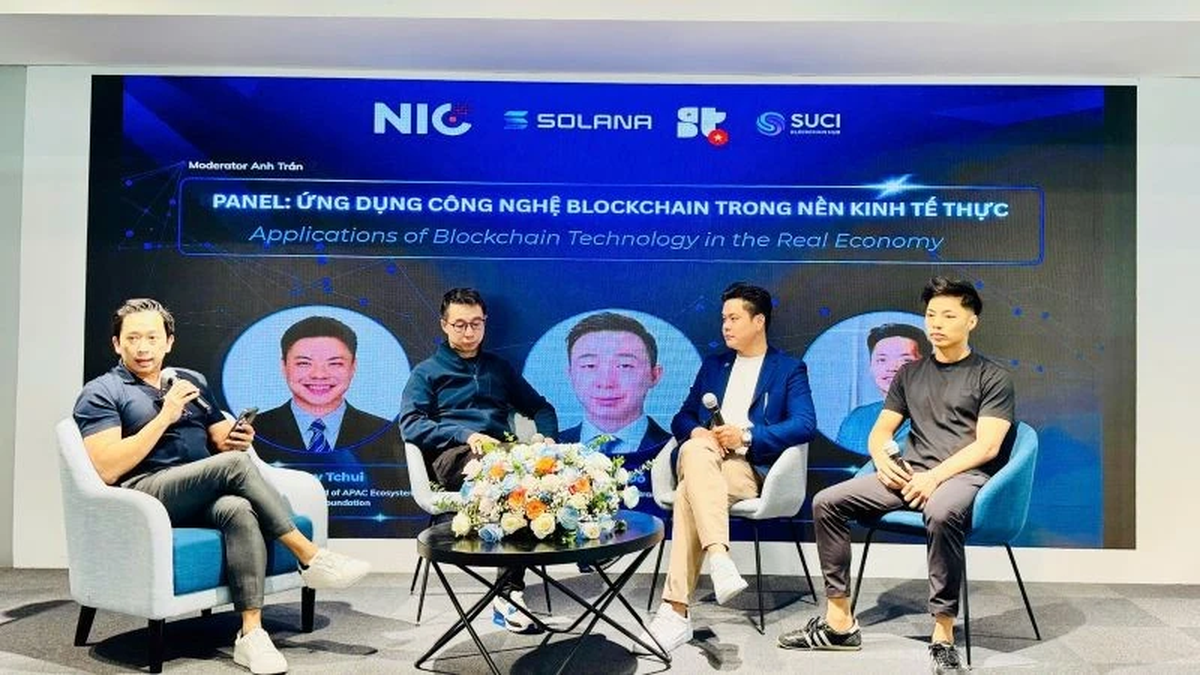
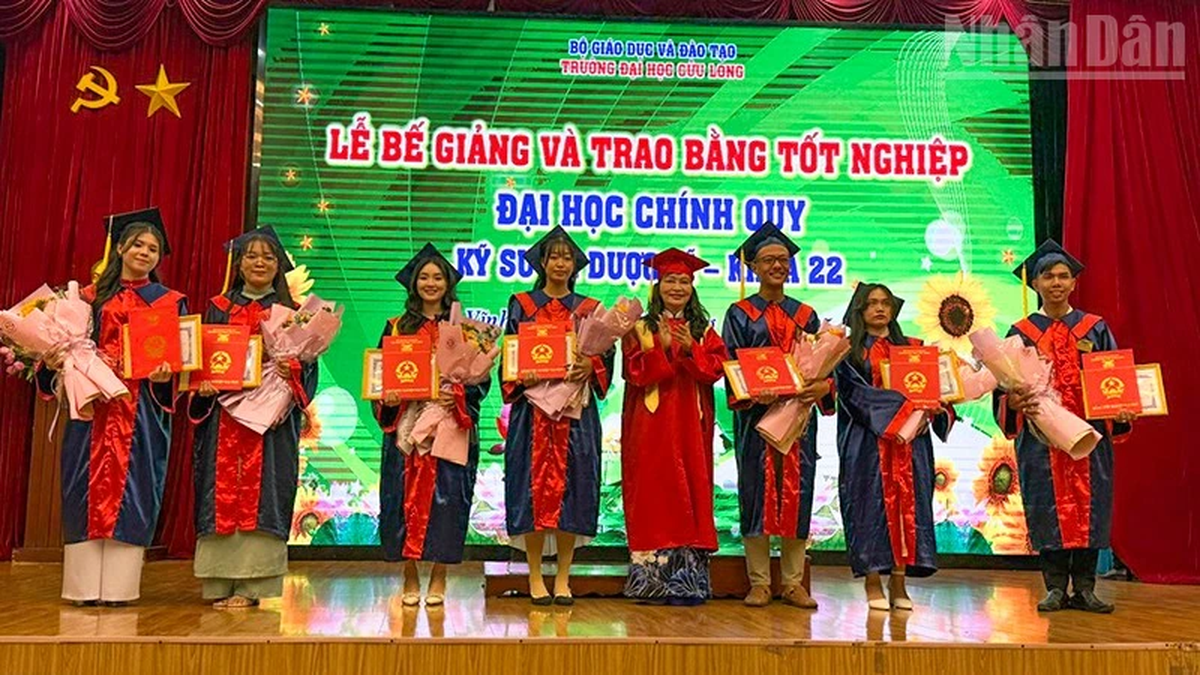
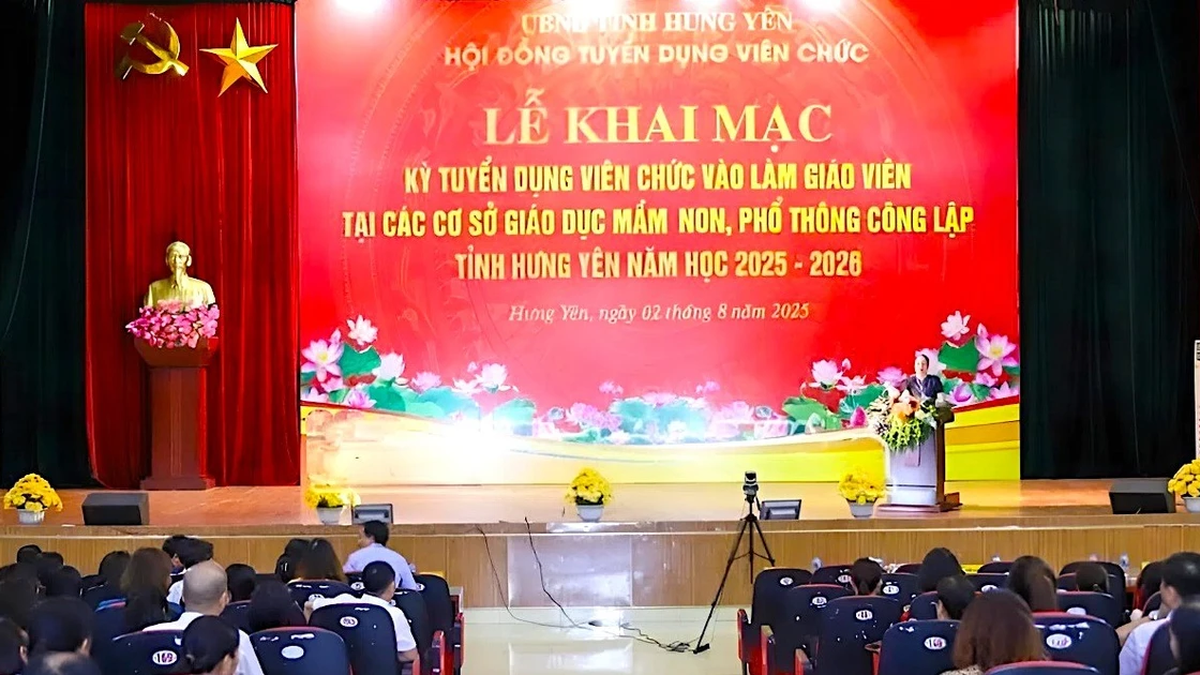

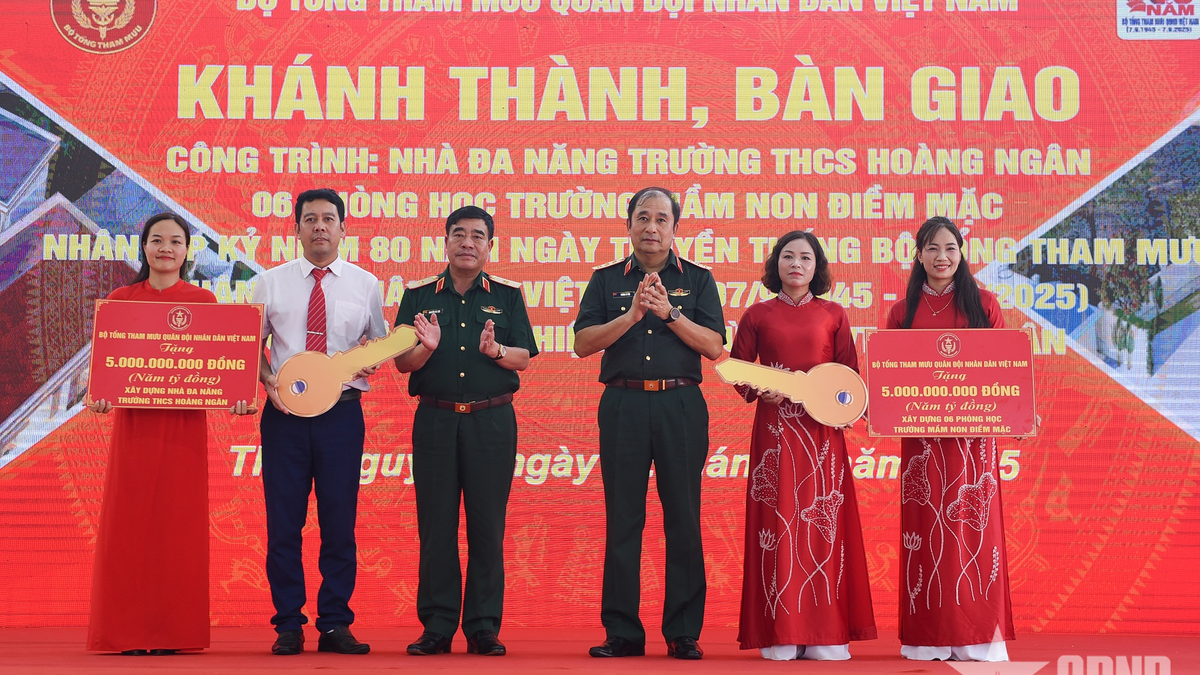


























































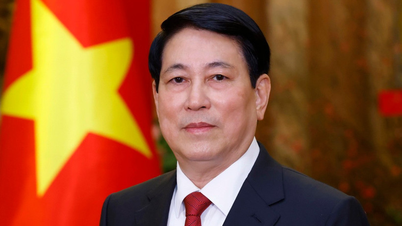

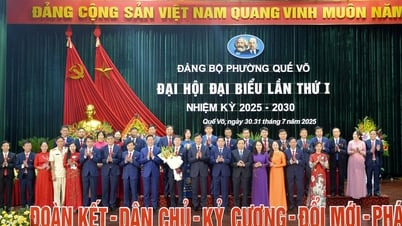

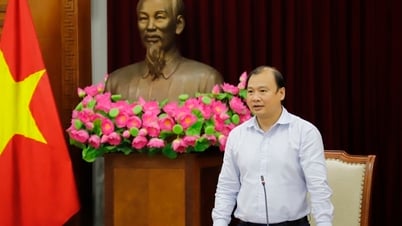

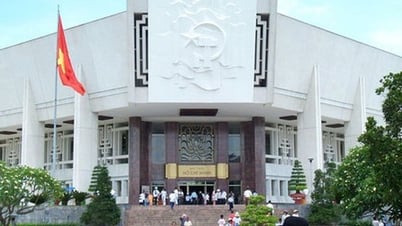



























Comment (0)